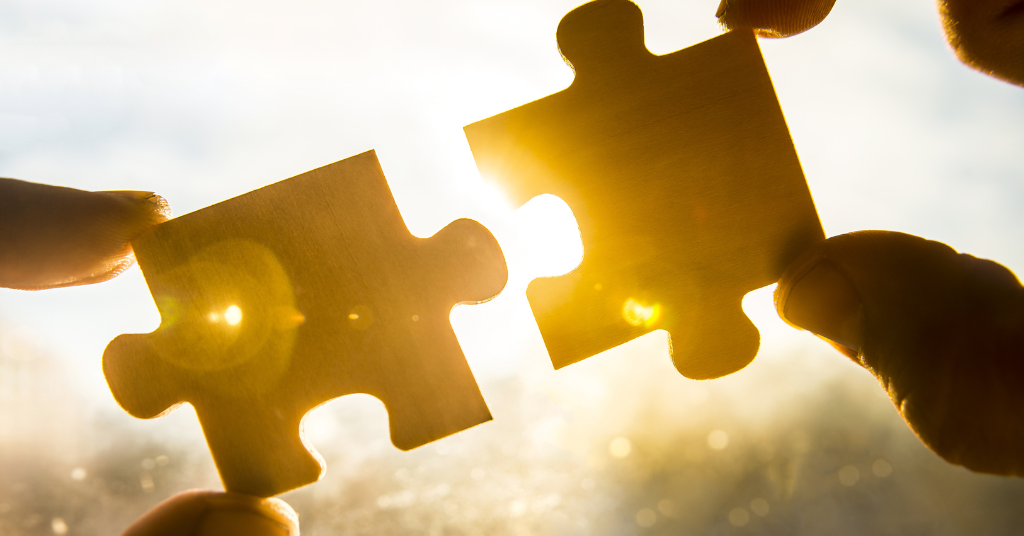
Simultaneous bilateral cochlear implantation in children: A study
October 31, 2022First Black DeafBlind journalist
November 7, 2022Study on Lipreading and Masks

When society is masked, people who rely on lipreading are at a disadvantage. Two deaf researchers looked into this phenomenon. Their study on lipreading and masks will soon be published in the Journal of Psychosocial and Mental Health Nursing.
Inspiration for Studying Lipreading and Masks
Lipreading and masks study co-authors Stacey M. Carroll, PhD, RN, ANP-BC, and Samuel R. Atcherson, PhD, FNAP, are both deaf and Advanced Bionics users. Hearing about the issues facing people who were cut off from lipreading when everyone was masked during the pandemic made Carroll realize this was a never-before-seen phenomenon. She knew that exploring this perspective would be enlightening to others.
“I always focus on inclusion and sensitivity and compassion, and I think being aware of these issues would lead to improved interpersonal relations and patient care,” she said.
The two met due to their years-long involvement in the Association of Medical Professionals with Hearing Losses (AMPHL). Merging Dr. Atcherson’s expertise in audiology with Dr. Carroll’s expertise in nursing was a natural integration for the publication.
The Study on Lipeading and Masks
Entitled “Living in a Limited World: Experience of Lipreaders When Society is Masked,” the study enlisted prelingually deafened English-speaking adults who predominantly relied on lipreading and speaking for communication. Twelve in-depth email interviews were conducted. Six themes emerged:
- Limiting of World Resulting in Negative Emotions: When asked about communication during a masked society, responses were mostly negative. Participants mentioned increased anxiety, isolation, and having to shift from being independent to dependent.
- Increased Prominence of Deafness: Despite not having a change of hearing loss during the pandemic, participants felt more deaf and disabled. This was due to being constantly reminded of their deafness and losing the independence they had before.
- Balancing Society and Communication Access: Participants generally appreciated when others removed their masks to facilitate communication. But they felt ambivalent about this because of safety.
- Creative Resourcefulness: As the study states, “Having lipreading removed forced participants to reach beyond their usual strategies to compensate creatively regarding communication.” Technological advances like speech-to-text apps helped.
- Resilience and Personal Growth: “Participants had to find ways to cope with their new communication challenges and gain perspective,” the study says. Many worked on self-care, and grew more patient and resilient.
- Passage of Time to Bittersweet Freedom: Despite continued distress over the situation, most participants became more resigned over time. Lifting of mask mandates meant a sense of freedom. This was bittersweet because of the continued safety risks.
As the abstract states, “Insights from this study clarify the need for psychosocial support of lipreaders during times of restricted communication access and awareness of accommodations to facilitate inclusion.”
Negative Effects of Masking
Pre-pandemic, the negative effects of masks on communication was established. As outlined in the study, masks can soften or muffle speech and hide facial expressions. They can also heighten feelings of isolation, as highlighted through the themes.
To the authors’ knowledge, no study had been conducted on the experience of lipreaders during universal masking. And the research that exists tends to be related to healthcare rather than daily life interactions.
Expectations and Reality When it Comes to Lipreading and Masks
Dr. Carroll knew the lipreading experience during COVID was very negative for her personally. She thought the overall study responses would be more varied. Instead, participants similarly felt very negative about the experience. “There’s some comfort in knowing you’re not alone,” Dr. Carroll said. “However, many of the participants were able to find areas of growth from the experience. Reading about those areas helped me to put the experience into perspective for myself as well.”
“There’s some comfort in knowing you’re not alone.”
Dr. Atcherson agreed. His dependence on lipreading combined with his audiological training meant he knew that universal masking would be a bad thing for many people, not just those with hearing loss. “For those with hearing loss who do not use sign language and are highly dependent on lipreading, this was, for many, the first time ever feeling truly and completely cut off from communication,” he said. “Although the experience was negative for our participants, their stories shed light on the real world communicative impact on many areas of our lives that we often take for granted.”
Transparent Masks
One of the study’s conclusions is that “increased support of lipreaders to facilitate coping with increased disability brought on by societal changes is warranted. In addition, education about accommodations for more equitable access is necessary. See-through masks worn by others which provide visual and auditory clarity are inclusive for lipreaders, especially when the panel is fog-free.”
Both authors have been advocates for transparent masks for years. There are issues with these masks, however. Key is finding ones that don’t fog and have enough visibility and are comfortable, Dr. Carroll said. While there are strategies for reducing fog, a larger issue is supply and demand economics and the higher cost of transparent masks.
According to Dr. Atcherson, research also consistently reports better speech communication when one can both “see” and “hear” what one is saying. “Transparent masks seem to benefit everyone, regardless of whether or not they have hearing loss,” he added.
Read more: What to know about clear medical masks for lipreading
Reactions to the Study on Lipreading and Masks
Reactions to the study have been positive, with people sharing to raise awareness. Hopefully due to this and other studies, we will be better prepared if this happens on a global scale again. The study’s conclusion says it best: “Understanding this experience enables psychiatric-mental health providers to recognize potential psychosocial responses, communicate more effectively with the lipreading patient population, and understand the need for accommodations for inclusion when communicative means are removed.”



